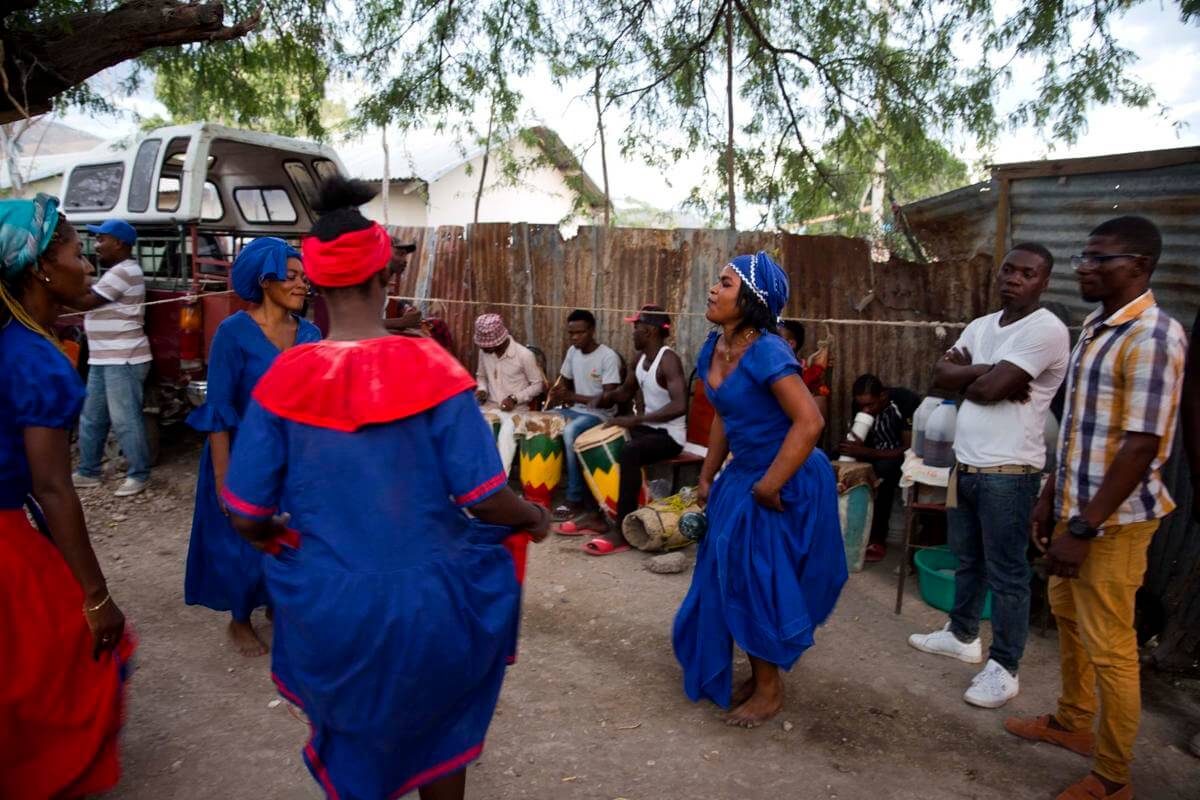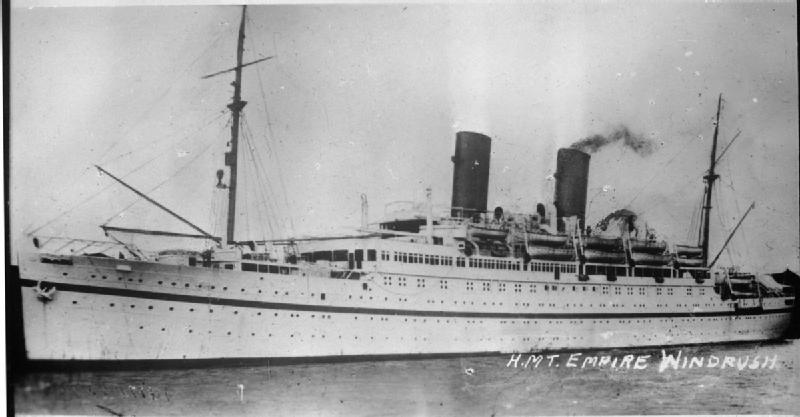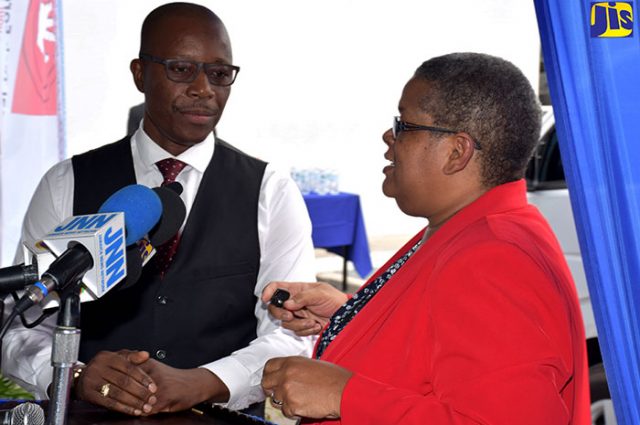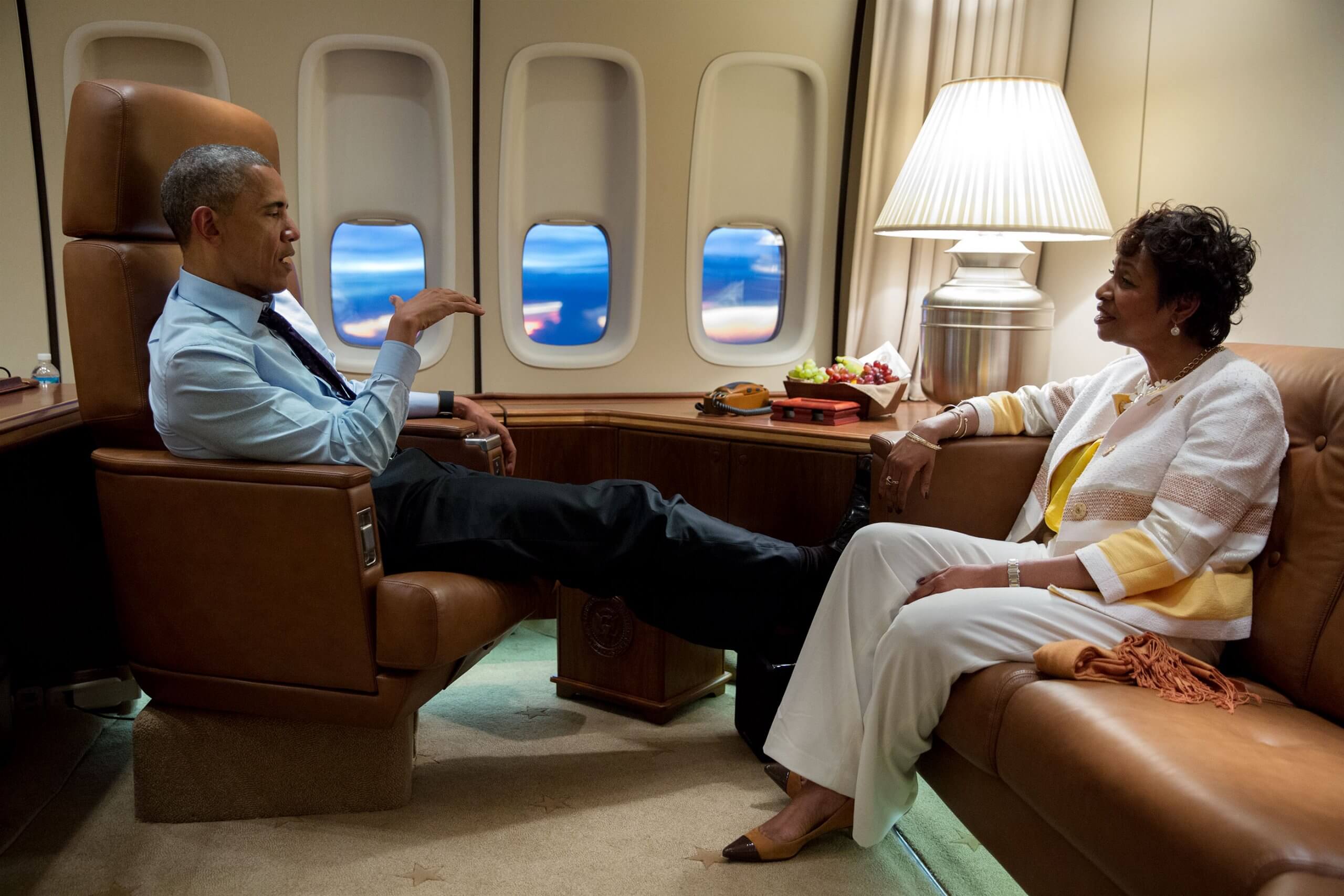HOW CAN WE FORGET HAITI ON A DAY LIKE TODAY?
Today January 12, marks the 10th anniversary of the catastrophic magnitude 7.0 Mw earthquake. This earthquake had an epicenter near the town of Leogane and approximately 25 kilometers west of Port-au-Prince, Haiti’s capital. Two hundred and twenty thousand people lost their lives, over one million displaced and 300,000 injured. The afternoon shock was one more disaster in a country that had suffered from decades of political, economic and social setbacks and inequalities.
DEVASTATION
Haiti is the poorest country in the Western Hemisphere, due largely to its history of colonization, occupation and exploitation by Spain, France and the United States. It also has a history of seismic activity, devastating earthquakes were recorded in 1751, 1770, 1842 and 1976.
The 2010 earthquake struck before 4pm. The tremor was felt as far away as Cuba and Venezuela, but the epicenter of the 7.0-magnitude quake was just 16 miles away from its capital Port-au-Prince. Eight aftershocks followed the same day and at least 52 were recorded over the next two weeks. The effects were catastrophic. All of the capital’s hospitals as well as three facilities run by Doctors Without Borders, sustained serious damage, as well as the capital’s airport and its seaport, which were rendered inoperable. Telecom services were greatly affected, major roads were rendered impassable and close to 300,000 buildings, most of which were residences, were damaged beyond repair. The National Assembly Building and Port-au-Prince Cathedral were also destroyed.
AID AND HUMANITARIAN RESPONSE
News and images of the quake, including photos of the heavily damaged National Palace, quickly activated a massive humanitarian response. The Dominican Republic and Dominican Red Cross responded immediately with emergency supplies and airlifts to Dominican hospitals. Jamaica and many other countries in the region, got into full gear and sent medical and restoration teams and supplies to help in recovery efforts. CARICOM appointed Jamaica’s former Prime Minister The Most Hon PJ Patterson to be Special Envoy to Haiti. The “Hope for Haiti” telethon on January 22nd that year, broke records by raising $58 million in one day.
Though the humanitarian response was immediate and overwhelming, Haiti’s crippled infrastructure made the delivery of aid difficulty. The situation was still classified as an emergency six months after the earthquake. A million people on the island left in tents and a cholera epidemic that began in October claimed over 3,300 more lives.
RECOVERY EFFORTS
Whether or not Haiti has yet recovered, is a matter of debate, but the effects of the earthquake were palpable for the next decade.
I journeyed to Haiti in 2011 to do business and what I saw of Haiti at that time was still unbelievable. Collapsed buildings including houses, people walking on the streets begging at the entrance and exit of the airport and in other areas, were more than tongue could tell. I saw several NGOs in Haiti, but to date I am not sure the impact those organizations had on the country. My checks revealed close to 15,000 NGOs in Haiti and as such,many Haitians refer to their country as a “republic of NGOs”. The American Red Cross, through its collection drive, collected almost half a billion dollars which was one of its most successful fundraising efforts ever. What will benefit Haiti now and for years to come is education, especially in skills training. My journey to Haiti was to have a thriving Skills Training institution/programme but this was short lived because of the lack of resources of prospective clients. In all fairness, the will of Haitians is very encouraging but their pockets are weak. Companies like mine, would need strong financial backing to teach the people how to fish by providing them with local and international certification. Other obvious reasons that forced businesses to flee or not to even look at starting businesses in that 10-million strong populated country are the French-patois language, political instability and logistics problems as everything has to go through Miami.
Today, Secretary of State for the Integration of persons with disabilities in Haiti Gerald Oriol, Jnr has called on Haitians to remember those who survived the tragedy. “These people, most of whom today live with a disability, are survivors to whom we have a duty of solidarity. Their limitations bear witness of our shortcomings and characterize our multiple challenges to be met. Let us be at the rendezvous of history. It took 35 seconds to see hundreds of thousands of bruised bodies, to take away hundreds of thousands of loved ones, to collapse part of our economy and our society”.
We continue to pray for Haiti and are thankful for employment opportunities being created by Jamaican-based companies to include Jamaica Broilers, Digicel, among others.
Contributed by HE Prof Colin O Jarrett
Senior Editor




